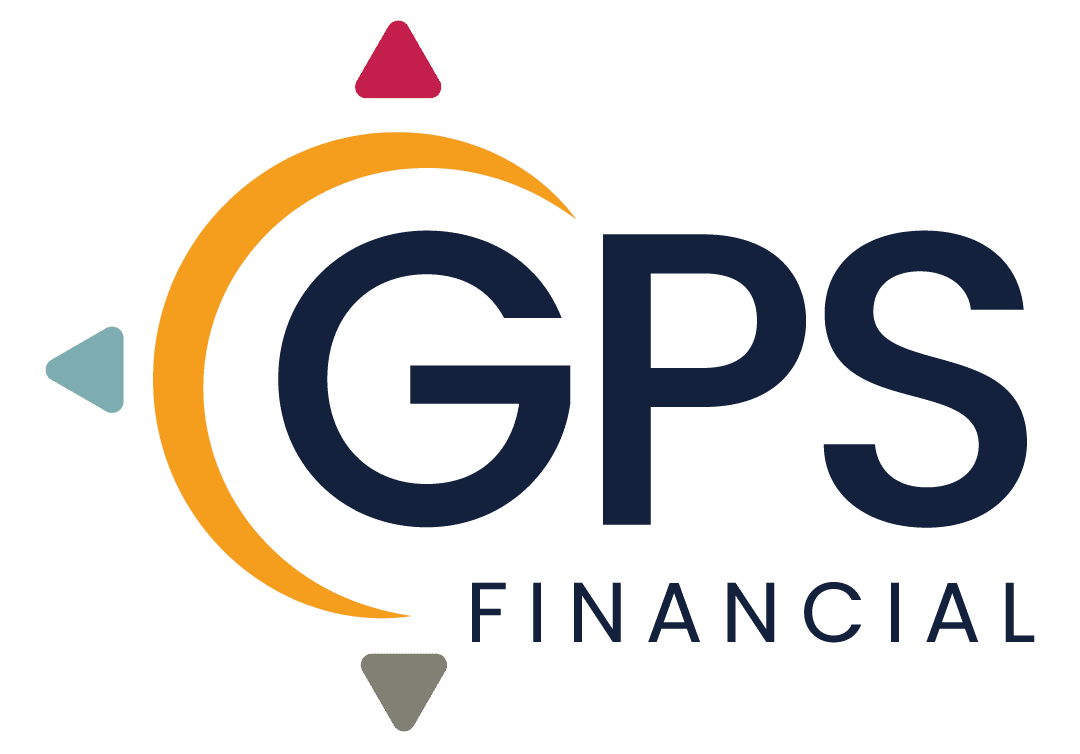How to get a Bridging Loan
- Industry leading property finance specialists
- Expert brokers with decades of experience
- Access to the top lenders to get the best value
Get in touch for a free, no-obligation chat with an adviser about how we might be able to help.
Home » How to get a Bridging Loan
Understand how to get a Bridging Loan
Bridging loans are fast, short-term finance solutions for residential or commercial property purchases. If you need cash in a hurry or the property is ineligible for a mortgage, a bridging loan can help.
They can help you secure a property quickly and easily without waiting months for mortgage approvals.
This page will explain how to get a bridging loan and explore whether or not you should get one.
If you still have questions or want to discuss your finance options, contact a bridging loan specialist at GPS Financial.
What can a Bridging Loan be used for?
First, let’s cover the basics. What can you use a bridging loan for?
You can use a bridging loan to:
- Buy a property at auction
- Refurbish a property to a habitable standard so you can get a mortgage
- Buy land to build a property for personal or commercial purposes
- Purchase a development property that doesn’t qualify for a standard mortgage
- Complete a property purchase
- Support a broken property chain so you don’t lose out
- Buy an investment or commercial property
- Provide flexibility so you don’t have to sell and buy at the same time
- Raise capital for tax or other expenses
As you can see, bridging loans are primarily for property purchases. Whether that’s to keep a chain going, to turn yourself into a cash buyer, to purchase an unmortgageable property, or something else.
Can I get a Bridging Loan?
If you can secure the loan on a property and demonstrate you have a viable exit strategy to repay it, you should be able to qualify for a bridging loan.
There are no guarantees of course, but if you work with a specialist broker like GPS Financial, you can increase your chances of a successful application.
If you plan to repay the bridging loan with a standard mortgage, you will also need to prove that you’ll qualify for one. That can often be an agreement in principle from a lender or passing the usual affordability checks.
Your broker will be able to provide specific details on this based on the amount you want to borrow, your circumstances, and your exit strategy.
Speak To An Expert
Giving you peace of mind while you sit back and let us do all the work for you while finding you the best deal for your financial situation.
How to get a Bridging Loan – The process
It’s a relatively straightforward process to get a bridging loan if you work with a specialist broker who can guide you through the process and handle all the paperwork to improve your success rate.
For peace of mind, the process of getting a bridging loan looks something like this:
1. Prove your ID
As we’re dealing with finance, you’ll need to prove who you are, where you live, your nationality, financial position, and prospective earnings. If you’re a business, you’ll also need to verify your company type, status, and how many properties you own.
You may also need to provide valuations for any properties you plan to use as collateral depending on the type of loan you want to take out.
Some loan types will include a credit check. This isn’t always required and we can provide bridging loans with bad credit should you need one.
2. Property details
You’ll need to provide the details of the property you’re going to secure your bridging loan against.
We’ll need the address, type of property, valuation, purchase price, tenure, and potential future use.
We may also need a projection of future rent or earnings from the property if it forms part of your exit strategy.
3. Loan details
The loan details include what you want to use the bridging loan for, how much you want to borrow, the length of time you want to borrow, and the loan-to-value rate of the loan.
The typical Loan To Value (LTV) of a bridging loan is 75% – 85%.
Things to consider before getting a Bridging Loan
A bridging loan could be the answer you’re looking for but it’s also a serious financial commitment. We recommend researching thoroughly before signing a contract. Consider things such as…
Fees
Bridging loans typically involve fees on top of the interest rates.
Those fees can include:
- Arrangement fee – Around 2% of the loan amount
- Administration fee – Fee to cover the cost of arranging the loan
- Legal fees – To cover the cost of conveyancing
- Valuation fees – Property valuation fee
- Exit fee – Some loans charge an early repayment fee
There may be other fees involved so make sure to read any paperwork carefully to know what you’re getting into.
Exit strategy
Your exit strategy is another way of demonstrating how you’ll pay back your loan. Unlike standard monthly mortgage repayments, a bridging loan tends to work a bit differently.
As it’s a short-term loan, you’ll typically pay it off all at once, from:
- A property sale or inheritance
- Refinancing when the property qualifies for a standard residential mortgage
- Finance acquired from other means
Your exit strategy is a core acceptance criterion so you’ll need to prove it will be sufficient to repay the loan, interest, and fees in full.
Speak To An Expert
Giving you peace of mind while you sit back and let us do all the work for you while finding you the best deal for your financial situation.
Benefits of a Bridging Loan
Bridging loans can be incredibly useful for quickly raising short-term finance for a property purchase.
Key benefits include:
- Buy a property that doesn’t qualify for a mortgage – The biggest benefit of a bridging loan is to be able to buy a property from auction or that doesn’t qualify for a mortgage.
- High LTV lending – You can borrow up to 100% (typically 75%) LTV with a bridging loan.
- Monthly interest payments can be deferred – Where interest is usually added to your monthly payment, you can roll it up until the end if you prefer.
- Fast finance – A bridging loan can be arranged in days rather than weeks or months, ideal for a fast-moving property market.
- Larger loan amounts – You can borrow significant amounts of money if you need to, often larger than standard mortgages will allow.
- Flexibility – The term, interest, repayment and amount are all flexible.
As long as you weigh up the overall costs and can qualify for one, bridging loans are a viable way to buy a property in situations where a traditional mortgage isn’t available.
Whether that’s a commercial or residential property, you can raise the funds you need to purchase until you can repay using another method.
How to get a Bridging Loan the easy way
Bridging loans can be the right solution in the right situation. If a traditional mortgage isn’t applicable or you need temporary finance until you qualify for one, a bridging loan can help.
It’s a serious undertaking and certainly not the cheapest way to borrow money, but if you need fast finance, it can be the answer you’re looking for.
Work with GPS Financial and we’ll help you every step of the way. We’ll handle the paperwork, the lender, and everything to do with your bridging loan. It’s what we do!
Useful Links
- About Us
- Bridging Loans
- 100% LTV Bridging Loans
- Auction Bridging Finance
- Bridging Loan Locations
- Bridging Loan for Property Development
- Bridging Loan Property Purchase
- Bridging For Refurbishment
- Commercial Bridging Loans
- Regulated Bridging Loan
- Quick Bridging Loans
- Buy-to-Let Mortgages
- Expat Mortgage Broker
- HMO Mortgages
- Mortgages for Expats and Foreign Nationals
- Limited Company Buy-to-Let
- Self-Build Mortgages
- Short Term Lets
- Specialist Mortgages
- Contact Us
Why GPS Financial?






